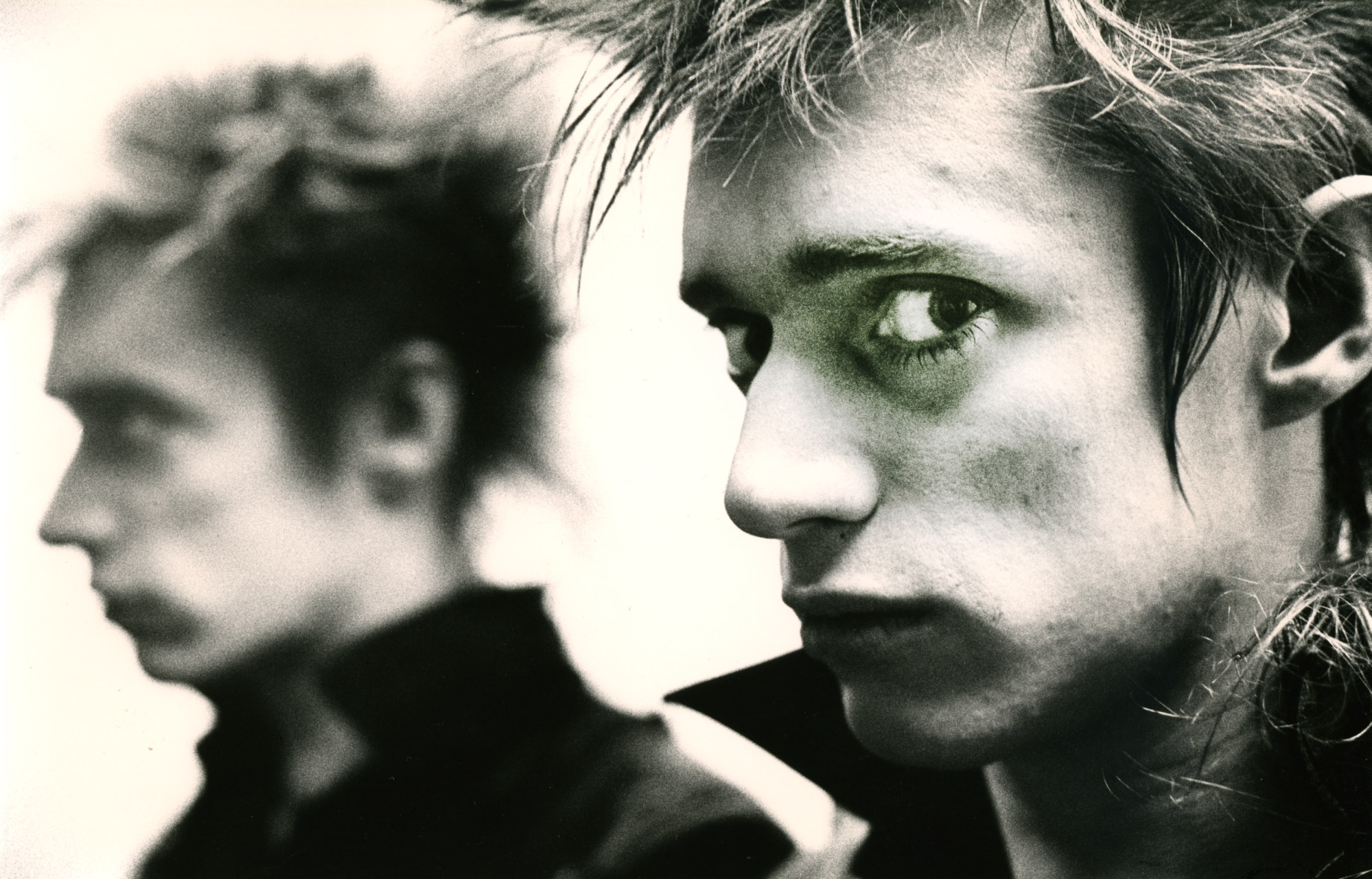
How industrial music album Halber Mensch changed an artistic director’s life, but made his friends start to isolate him
- Andrew Chan, artistic director of Hong Kong’s Alice Theatre Laboratory, discovered German experimental band Einstürzende Neubauten when he was 16 years old
- An accompanying video to their 1985 album Halber Mensch featured a Japanese butoh dance group in a performance that astonished Chan with its primitive power
Halber Mensch (1985), the third album from seminal German experimental band Einstürzende Neubauten, blended their trademark early sound of harsh industrial noise, often created using instruments made by the band themselves from scrap metal, with a growing musical palette that also included electronic and even pastoral elements.
Andrew Chan Hang-fai, artistic director of Hong Kong experimental theatre company Alice Theatre Laboratory, tells Richard Lord how it changed his life.
I learned about this band when I was 16 years old and in Form Four. I had started to listen to all sorts of music around that time.
In Form Three there had been an exam to stream students to different schools, so I had just transferred to a new one. The cultures of the two schools were completely different.
At the old one, the students mainly listened to pop music, but at my new school, Rosaryhill School on Stubbs Road, my classmates all listened to underground music.
I was brought up in a very disciplined family environment. At the age of about 16, I started to become rebellious and try different things like underground music. I started to look for my own identity.
During that time, there was no internet – the only way to get in touch with this sort of music was magazines and the radio.
‘Guerilla’ live music promoter gives underground Hong Kong bands a platform
This album also came out as a VHS video (an accompanying hour-long film of the same title that combined concert footage and music videos shot during a trip to Japan) and that was what started it for me: the video had a big impact on me and I wanted to find the album.
I was particularly impressed and fascinated by one part of the video where they worked together with a butoh dance group.
There was an absurd, grotesque feeling that I was fascinated by. I was astonished by the primitive power of the two types of alternative culture, Eastern and Western, clashing together. It produced something very unpredictable and impressive.

A lot of their percussion isn’t traditional instruments – they’re banging together pieces of metal, supermarket trolleys, using drills to make music. It’s a unique way to present their music – something that Cantopop doesn’t have.
I invited some friends to my home and showed them the video. After viewing it, some of them thought I was a psycho.
Friends at school started to isolate me, and then I would look for movies I liked and go to watch them alone. It was a time when I started to fancy the work of a director.
Chinese rapper Feezy on ‘woke’ hip hop and his new album The Weatherman
Three years later, Byakko-sha, the butoh group in the video, came to Hong Kong, and I was in the audience.
What impressed me most was how they present their ideas without language, through movement and gesture – all this gave me inspiration.
I rely very much on soundscape in my performances, like butoh does. When I’m directing a play, the sound I imagine inspires me to form the scene, not just musically but also visually. Einstürzende Neubauten helped me to be a director.

